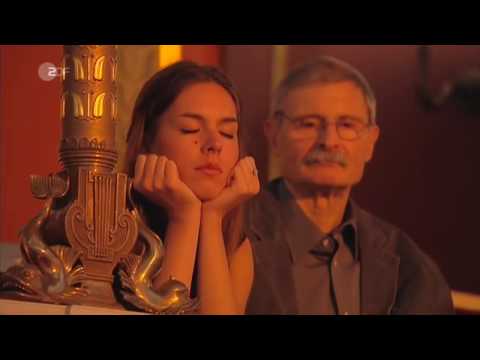This piece touches my soul. It is haunting, melancholic, simply sublime.
Yes, melancholic, but very beautiful!
I believe it was used in the movie The Pianist.
When I saw “Chopin Nocturne in C # minor” I thought of the one I’m familiar with, but this is not that one. I found out that this is the second of twenty-one nocturnes that Chopin wrote between 1826 and 1846, but it was one of the two of those nocturnes that were published only posthumously, so it does not have a standard opus number. The piece I was reminded of is the other nocturne in C-sharp minor that Chopin wrote, in 1836, paired with another nocturne in D-flat major (the parallel major to C-sharp minor) as Opus 27, numbers 1 and 2. That number 2 is one of the most popular of the nocturnes, so I’m linking them both here. The C-sharp minor piece is majestic.
Chopin - Nocturne #7 In C Sharp Minor, Op 27-1 - Adam Harasiewicz (youtube.com)
Chopin: Nocturne No. 8 in D flat, Op. 27 No. 2 (youtube.com)
Something else I meant to say about my comment on Cogito’s fine Chopin Nocturne contribution is this: the “Class of 1813” (composers born between 1803 and 1813) was truly impressive. Berlioz (1803), Glinka (1804), Mendelssohn (1809), Chopin (1810), Schumann (1810), Liszt (1811), Wagner (1813), Verdi (1813). They really solidified the Romantic tendency in music that was begun by the genius Beethoven (born 1770) and perhaps carried forward by some in-between composers (mostly in opera) like von Weber, Rossini, Schubert, Donizetti, Bellini. The Irish composer John Field (born 1782) invented the “nocturne” form, and Chopin admired and was influenced by his work - though Field did not think highly of Chopin’s nocturnes.
Thanks so much, Zerothruster for the marvellous links, and the background information on Romanticism. Much appreciated.

